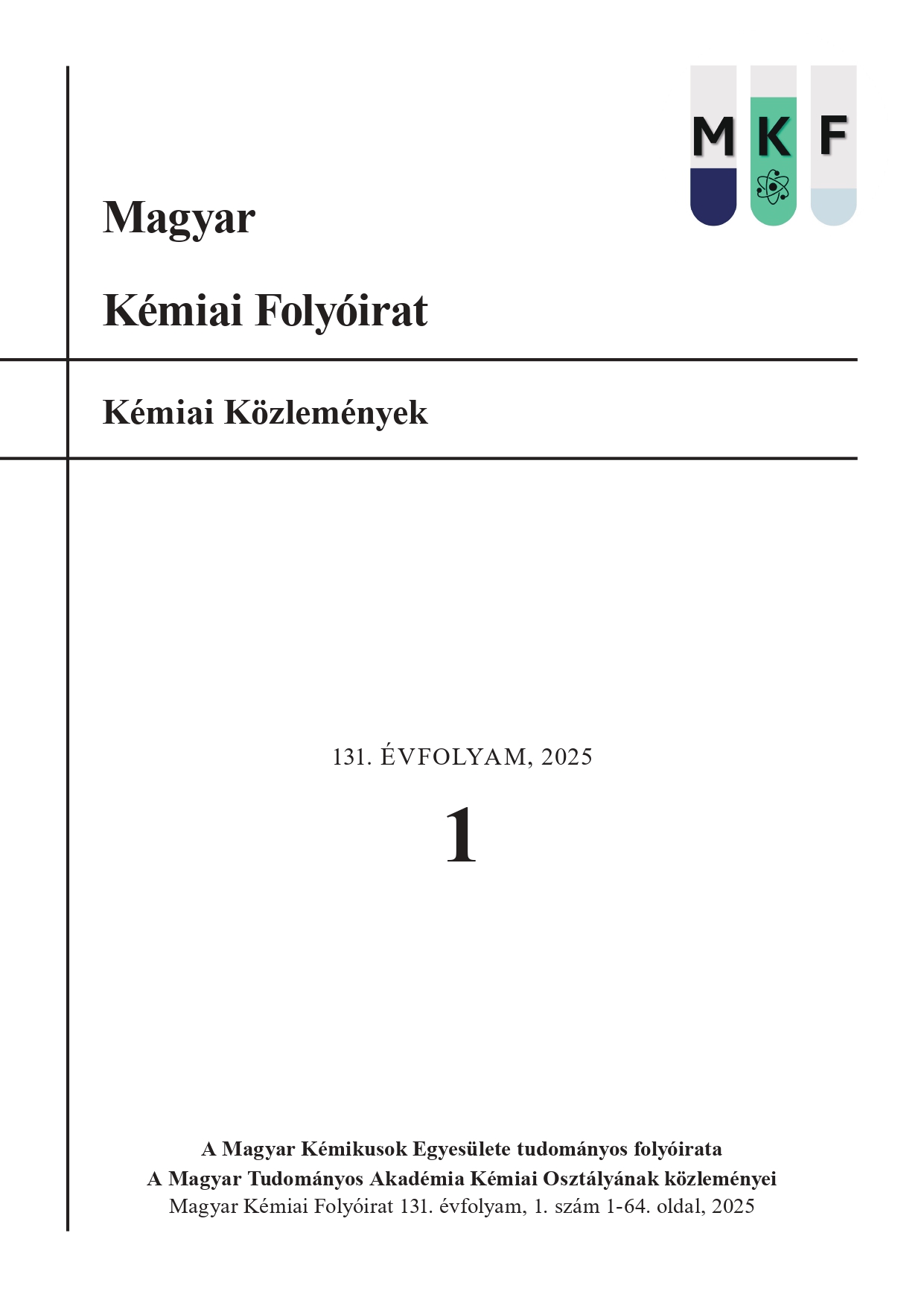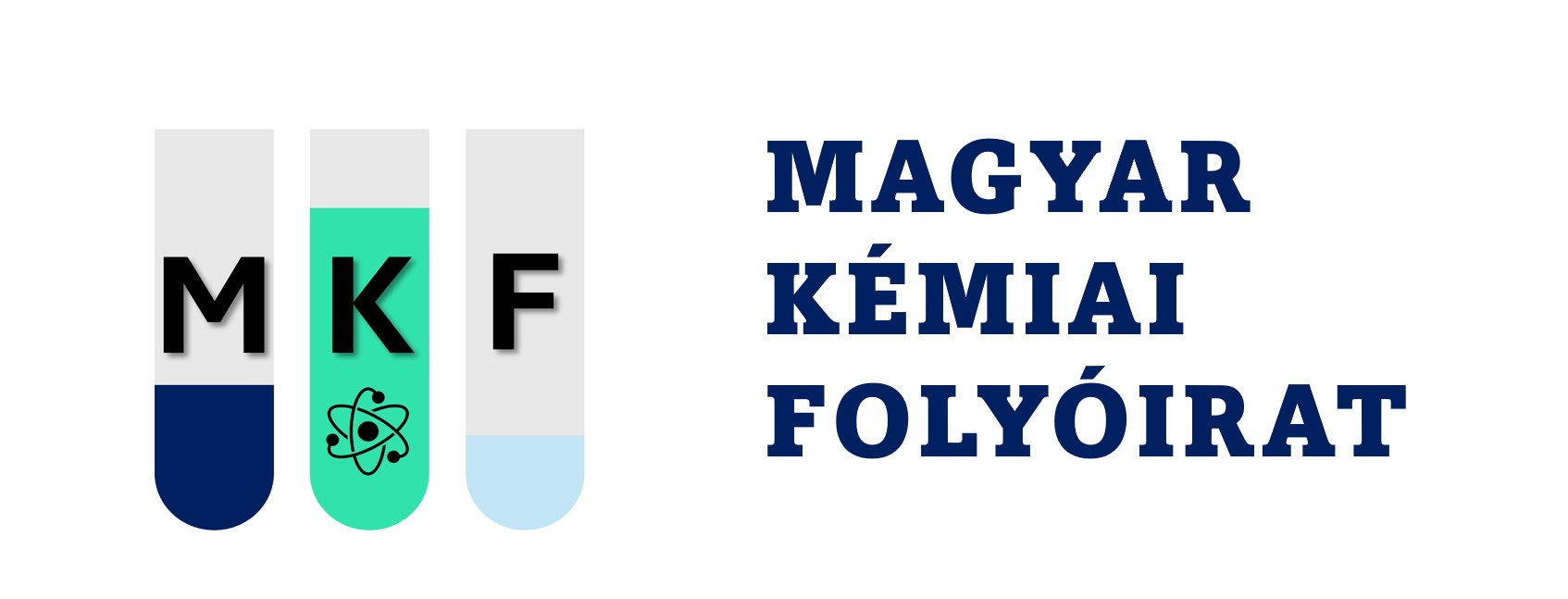Az onkogén KRas fehérjék kölcsönhatásainak vizsgálata
Absztrakt
Az első humán onkogén Ras géneket, mint a KRAS (Kirsten rat sarcoma viral oncogene homolog) több, mint negyven éve fedezték fel a daganatokban. Ezzel kezdetét vette egy napjainkban is töretlenül zajló kutatás, hiszen a KRAS mutációt hordozó daganatos megbetegedések kezelése még továbbra sem megoldott. A KRas fehérjét célzó rákterápiás módszerek fejlesztése nagy jelentőséggel bír, mivel a KRAS mutációja a rosszindulatú daganatos megbetegedések közel 14%-ának okozója, főként a hasnyálmirigyet, a vastagbelet és a tüdőt érinti. A KRas fehérje leggyakoribb mutációja (nagyjából a módosulások 78%-a) a 12. glicin cseréje, ezek közül is leggyakrabban ezen aminosav aszparaginsavra (KRas G12D) vagy ciszteinre (KRas G12C) való mutációja.






